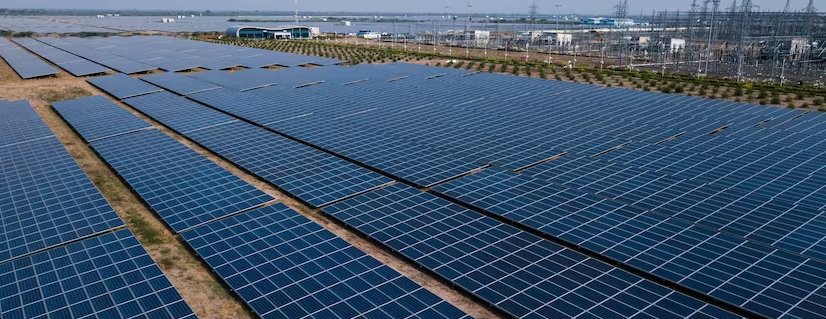In an era marked by an escalating climate crisis and an urgent need for sustainable energy solutions, solar energy stands out as a powerful ally. Harnessing the sun’s abundant and renewable power offers a multitude of environmental benefits that can significantly mitigate the adverse effects of traditional fossil fuels. This article explores the myriad ways in which solar energy contributes to environmental preservation and promotes a healthier planet.
1. Reduction in Greenhouse Gas Emissions
One of the most significant environmental benefits of solar energy is its potential to drastically reduce greenhouse gas emissions. Unlike fossil fuels such as coal, oil, and natural gas, solar power generation does not produce carbon dioxide (CO2) or other harmful greenhouse gases. By replacing conventional energy sources with solar energy, we can lower the carbon footprint of energy production, thereby slowing the pace of global warming and climate change. A single residential solar panel system can offset tons of CO2 over its lifetime, equivalent to planting hundreds of trees.
2. Decrease in Air Pollution
Fossil fuel combustion releases a plethora of pollutants, including sulfur dioxide (SO2), nitrogen oxides (NOx), and particulate matter, which contribute to air quality degradation and respiratory health problems. Solar energy systems, on the other hand, produce electricity without emitting these pollutants. By reducing reliance on fossil fuels, solar power helps improve air quality, leading to healthier communities and ecosystems. Cleaner air translates to fewer health issues like asthma, bronchitis, and other respiratory conditions.
3. Conservation of Water Resources
Traditional power plants, especially those that rely on nuclear or coal energy, consume vast amounts of water for cooling purposes. This water usage can strain local water resources, particularly in arid regions, and disrupt aquatic ecosystems. Solar photovoltaic (PV) systems require minimal water to operate, thus conserving precious water resources. This conservation is particularly crucial in the context of growing water scarcity due to climate change and population growth.
4. Mitigation of Habitat Destruction
Mining and drilling for fossil fuels often lead to significant habitat destruction, deforestation, and biodiversity loss. In contrast, solar energy installations, especially rooftop solar panels, have a much smaller environmental footprint. Large-scale solar farms do require land use, but they can often be sited on marginal lands, deserts, or even integrated into agricultural settings (agrivoltaics), thereby minimizing ecological disruption. Furthermore, technological advancements are making it possible to install floating solar panels on reservoirs and other bodies of water, further reducing land use impacts.
5. Reduction of Hazardous Waste
Coal-fired power plants generate a considerable amount of toxic waste, including ash and sludge that contain harmful heavy metals like mercury, lead, and arsenic. These substances can leach into soil and water, posing long-term environmental and health risks. Solar energy systems generate little to no hazardous waste during their operational lifespan. While the production of solar panels does involve some toxic materials, advancements in recycling technologies are improving the sustainability of solar panel disposal and lifecycle management.
6. Promoting Energy Independence and Security
Solar energy contributes to energy independence and security by reducing reliance on imported fossil fuels. Countries with abundant solar resources can harness local energy, reducing geopolitical tensions associated with fossil fuel supply and distribution. This shift not only enhances national security but also fosters economic stability by insulating economies from volatile global energy markets.

